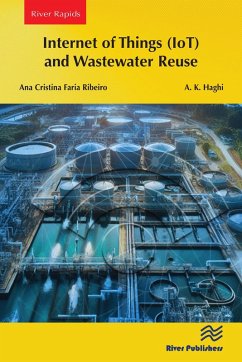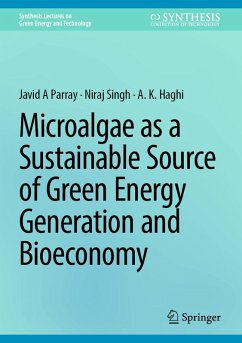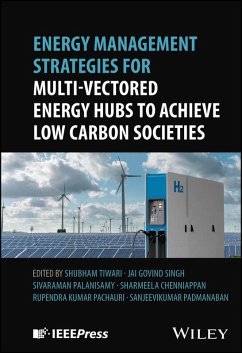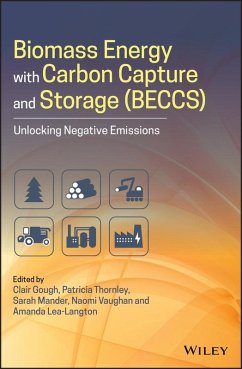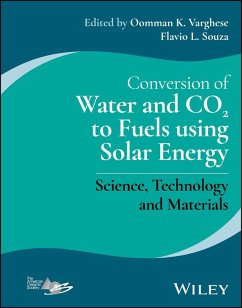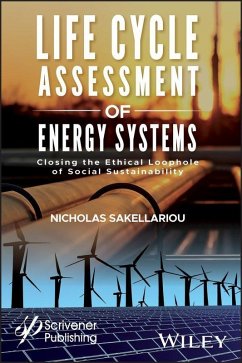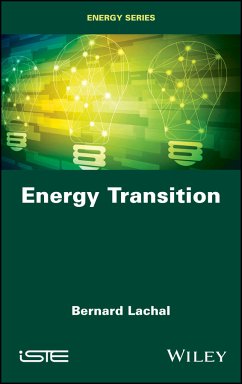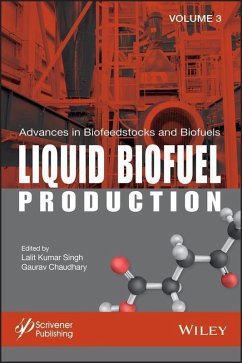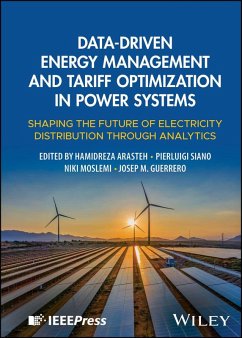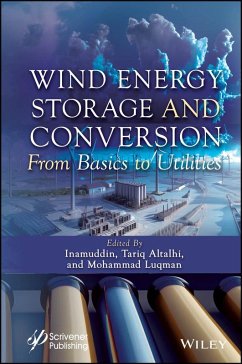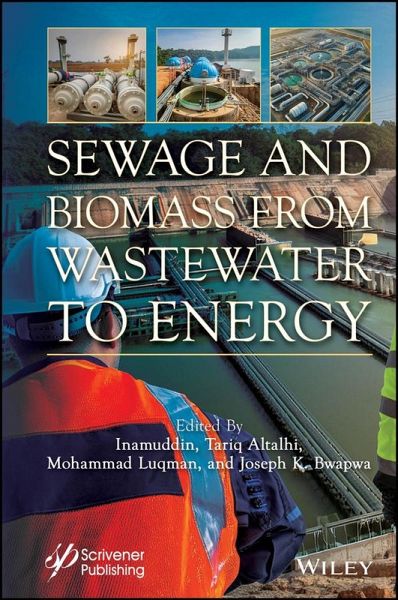
Sewage and Biomass from Wastewater to Energy (eBook, PDF)
Possibilities and Technology
Versandkostenfrei!
Sofort per Download lieferbar
173,99 €
inkl. MwSt.
Weitere Ausgaben:

PAYBACK Punkte
0 °P sammeln!
Wastewater treatment plants are critical in protecting both the environment's resources and human health. A wastewater treatment plant's technological system focuses not only on the effectiveness of the treatment but on the costs and energy consumption of the entire system. Municipal wastewater treatment produces a significant amount of sewage sludge all over the world. The majority of this sludge's dry matter content is made up of organic compounds which are not toxic, and they consist of both primary and secondary (microbiological) sludge. There is also a substantial quantity of inorganic su...
Wastewater treatment plants are critical in protecting both the environment's resources and human health. A wastewater treatment plant's technological system focuses not only on the effectiveness of the treatment but on the costs and energy consumption of the entire system. Municipal wastewater treatment produces a significant amount of sewage sludge all over the world. The majority of this sludge's dry matter content is made up of organic compounds which are not toxic, and they consist of both primary and secondary (microbiological) sludge. There is also a substantial quantity of inorganic substances in the sludge, along with a small quantity of toxic matter. Also, various raw sewage treatment options can include energy production (heat, electricity, or biofuel) to reduce dependence on external energy supply during treatment. The most important options used for energy production from sewage and biomass can use the following approaches: anaerobic digestion, co-digestion, incineration with energy recovery, co-incineration, pyrolysis, gasification, supercritical (wet) oxidation, and hydrolysis. Generally, these processes or methods are cost-effective, but they can still have some setbacks related to the nature of the methods or the raw material used for conversion. There are also operating conditions to comply with to get a successful outcome. This book combines information from many disciplines related to wastewater treatment technologies to show how the circular economy approach can be used to achieve zero waste and produce energy that can be useful for plants and communities. This approach focuses on clean technologies for green energy resources such as biohydrogen, biofuels, and biogas from biomass and sewage sludge for zero waste production. This is aimed to also integrate the issue of energy demand and the one of energy production.
Dieser Download kann aus rechtlichen Gründen nur mit Rechnungsadresse in A, B, BG, CY, CZ, D, DK, EW, E, FIN, F, GR, HR, H, IRL, I, LT, L, LR, M, NL, PL, P, R, S, SLO, SK ausgeliefert werden.




